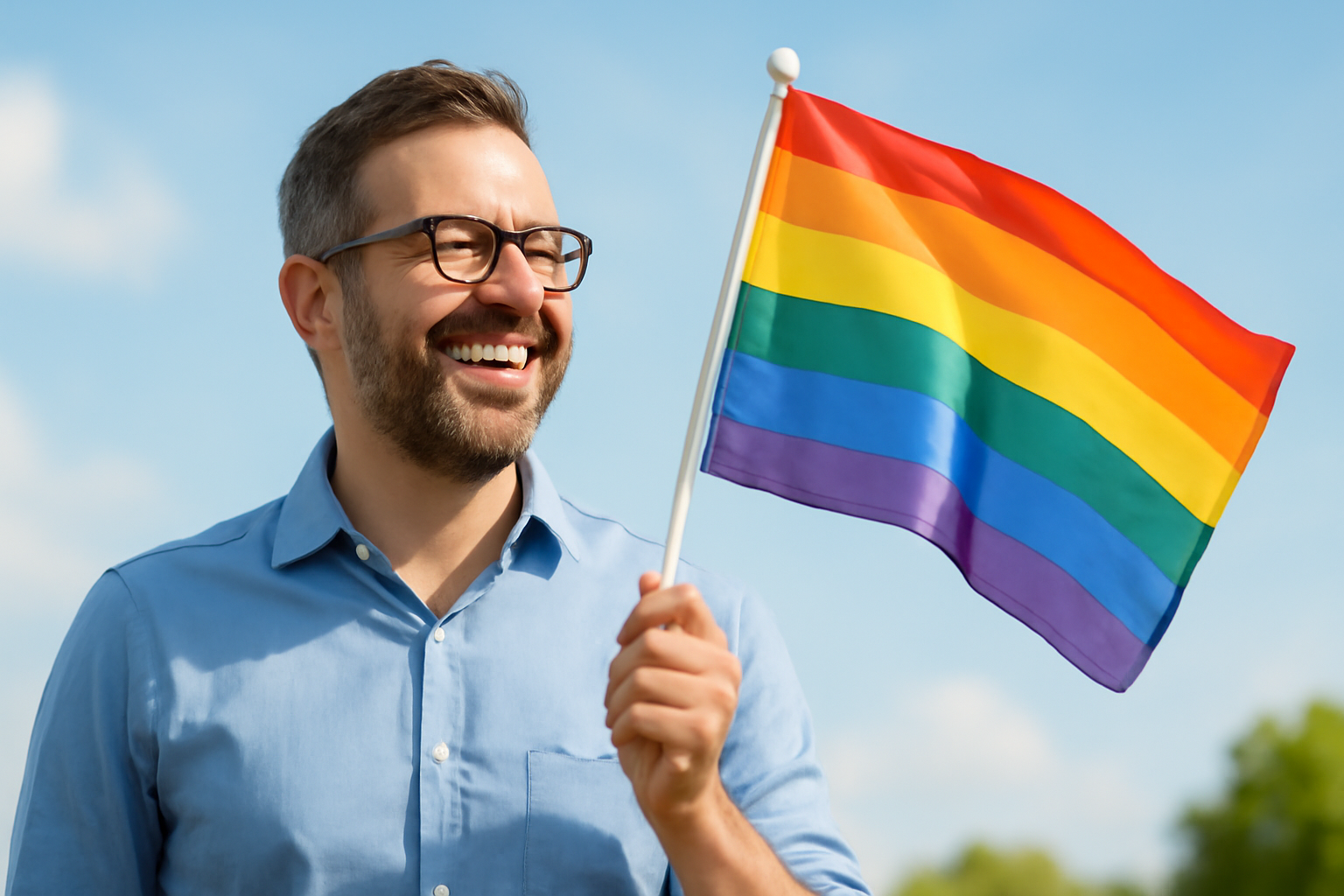
In recent years, the landscape of LGBTQ+ rights in Florida has been the subject of intense debate and scrutiny. Advocates and community leaders are cautiously optimistic about the potential for significant change, as a combination of grassroots efforts, legal challenges, and shifting public opinion create a dynamic environment for progress.
Historically, Florida has been a battleground for LGBTQ+ rights, with a mix of setbacks and victories shaping the legal and social climate. However, the current momentum suggests that a turning point might be on the horizon. This optimism is driven by several key factors, including increased visibility of LGBTQ+ issues, strategic litigation, and a growing coalition of allies.
Increased Visibility and Representation
One of the most significant changes in recent years has been the increased visibility and representation of LGBTQ+ individuals in both media and politics. This visibility has led to greater awareness and understanding of the challenges faced by the LGBTQ+ community, helping to foster a more inclusive environment.
Numerous public figures, from television personalities to elected officials, have come out as LGBTQ+, using their platforms to advocate for equality and justice. Their stories have resonated with many, creating a ripple effect that encourages others to speak out and demand change.
Strategic Litigation and Legal Advocacy
Legal challenges have played a crucial role in advancing LGBTQ+ rights in Florida. Organizations dedicated to civil rights and equality have been actively involved in litigation aimed at overturning discriminatory laws and policies. These legal battles are not only about achieving justice for individuals but also about setting precedents that can have a broader impact.
Recent court rulings have provided hope, as judges increasingly recognize the importance of protecting LGBTQ+ rights under the law. These decisions have addressed issues such as employment discrimination, healthcare access, and marriage equality, reinforcing the notion that LGBTQ+ individuals deserve the same rights and protections as everyone else.
A Growing Coalition of Allies
Another significant factor contributing to the potential turning point for LGBTQ+ rights in Florida is the growing coalition of allies. This coalition includes individuals and organizations from diverse backgrounds who are committed to advocating for equality and justice.
Faith-based groups, business leaders, and community organizations have all joined forces with LGBTQ+ advocates to push for positive change. This broad-based support has been instrumental in shifting public opinion and influencing policymakers to reconsider discriminatory measures.
Moreover, young people are playing a pivotal role in this movement. With their progressive views and passionate activism, younger generations are demanding a more inclusive and equitable society. Their involvement in protests, campaigns, and social media advocacy is helping to drive the conversation forward.
The Role of Public Opinion
Public opinion in Florida is evolving, with more people expressing support for LGBTQ+ rights than ever before. Polls and surveys indicate a growing acceptance of LGBTQ+ individuals and a recognition of their right to live free from discrimination.
This shift in public sentiment is crucial, as it influences the actions of elected officials and policymakers. When the public demands change, leaders are more likely to respond, creating opportunities for legislative and policy advancements.
Challenges and the Road Ahead
Despite the progress and optimism, challenges remain. Some lawmakers continue to propose and support legislation that undermines LGBTQ+ rights, citing traditional values and religious beliefs. These efforts require ongoing vigilance and resistance from advocates who are determined to protect the gains made and push for further progress.
Additionally, the LGBTQ+ community in Florida, like elsewhere, faces issues related to healthcare access, housing discrimination, and violence. Addressing these systemic problems requires a comprehensive approach that includes legal reform, public education, and community support.
As Florida stands at the crossroads of change, the potential for a turning point in LGBTQ+ rights is within reach. The dedication and resilience of advocates, coupled with shifting societal attitudes, suggest a promising future. However, continued effort and engagement from all sectors of society are necessary to achieve lasting and meaningful progress.
In conclusion, Florida's evolving LGBTQ+ rights landscape is a testament to the power of advocacy, visibility, and solidarity. As the state moves forward, the hope is that these efforts will lead to a more just and equitable society for all.
Related Posts
Triumphant Trans Woman Wins Legal Battle and Inspires Others to Stand Up for Their Rights
Breaking new ground: a landmark victory in transgender rights After battling in courtrooms and enduring endless challenges, Diana Portillo, a transgender woman, has secured a monumental victory in her decade-long fight against workplace discrimination. The result? Nearly $1 million awarded in a historic settlement. But this isn't just a win on paper—it represents a powerful precedent in combati [...]
Pride Month in Latin America: Protests and Demands for Equality
**Celebrating Pride and advocating LGBTQ+ rights in Latin America** Pride Month in Latin America was a lively mix where celebration met activism. Communities united, not just throwing a party but making a stand—demanding equality and pushing governments toward better protection and rights recognition. Throughout Latin America, pride events erupted in marches and cultural displays, each with a c [...]
Transgender Erasure Actions Implemented by National Park Service
```html Trump administration's impact on national park service and transgender recognition The Trump administration made notable moves in undermining transgender representation, which included directing agencies like National Park Service not include "T" and "Q" when they refered “LGBTQ” in any official communication. This move seems part a broader plan by this administration aimed at reducin [...]